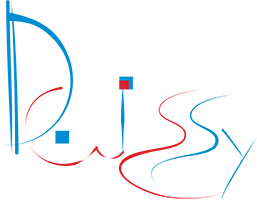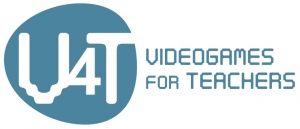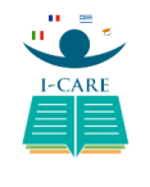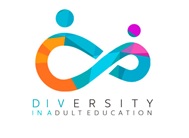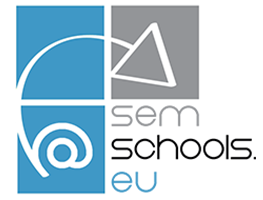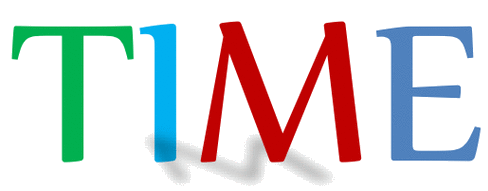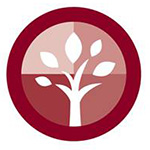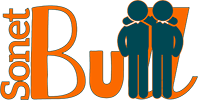Mu.SA
-
Info
Title Museum Sector Alliance
Acronym Mu.SA
Programme Erasmus+
Project Number 575907-EEP-1-2016-1-EL-EPPKA2-SSA
Start – End Date 1/11/2016 – 30/4/2020
Duration 36 months
Action KA2: Cooperation for innovation and the exchange of good practices – Sector Skills Alliances
Funding Agency European Commission
Total Project Funding €1.186.823,00
Project Homepage http://www.project-musa.eu/
Status Completed
Description
The project aims to address the increasing disconnection between formal education and training and the world of work because of the emergence of new job roles due to the quickening pace of the adoption of ICT in the museum sector. Mu.SA addresses directly the shortage of digital and transferrable skills identified in the museum sector and supports the continuous professional development of museum professionals.
A set of emerging job role profiles will be composed from the competences identified by the analysis of needs and training offers. For each of them, a modular VET curriculum will be designed, applying a specific VET methodology based on learning outcomes and principles of adult education that realizes new approaches to education and competence development that capitalize on the full potential of various learning settings. A repository of digital OERs will be developed, to support the acquisition of more than 40 digital and transversal competences. Using these, a MOOC for acquiring the basic competences of job role profiles and a Specialization Training Course including e-learning and face-to-face lectures and a work based learning phase will be offered. Training will be delivered via an online platform that stimulates sharing and exchange of knowledge, experiences and best practices. Communities of practice that ensure sustainability of results beyond project end will be formed.
European instruments (EQF, ECVET, EQAVET and DigComp) will be applied improving transparency and recognition of qualifications, validation of non-formal and informal learning and lifelong guidance. Job role profiles will be mapped to ESCO and eCF, and after their evaluation to NQFs of the participating countries.
Project outputs will directly benefit museum professionals and unemployed in the cultural sector, as well as the museums themselves. Indirectly, the project will contribute to raising the quality of life of the general public, by enabling museums to offer enhanced cultural experiences.
Project Outcomes
The main outcomes of Mu.SA are:
- A report on the Museum Sector skills supply and demand and training offers (for Greece, Italy and Portugal).
- Emerging job role profiles for museum professionals.
- Competence based modular VET curricula for the job role profiles.
- A MOOC addressing the common needs of the job role profiles.
- Specialization Training Courses including e-Learning, face-to-face and work based learning.
- National sector alliances.
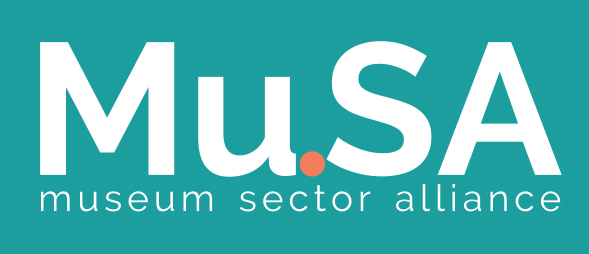
Publicity
